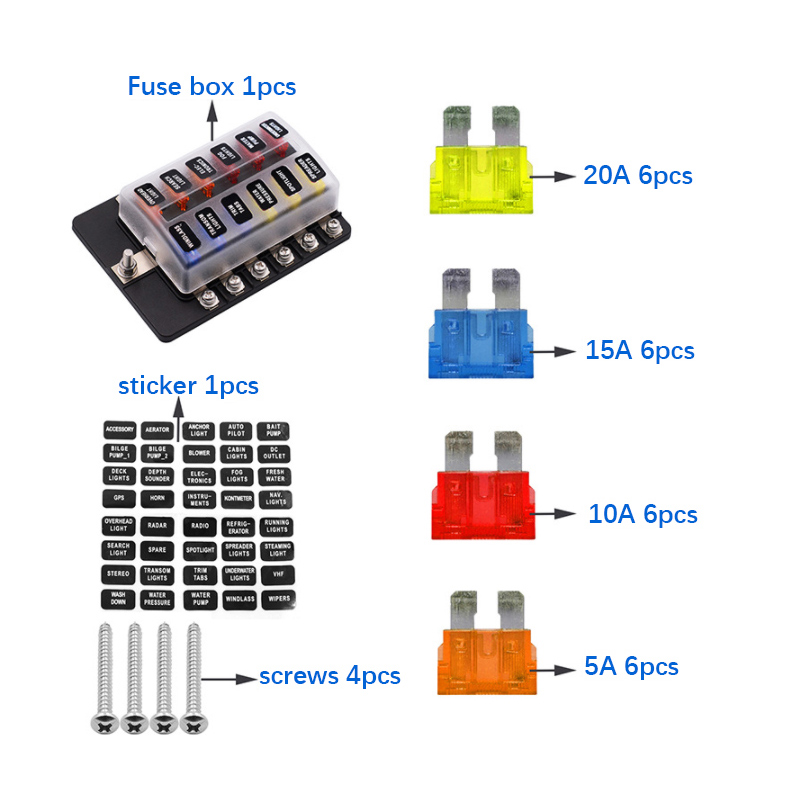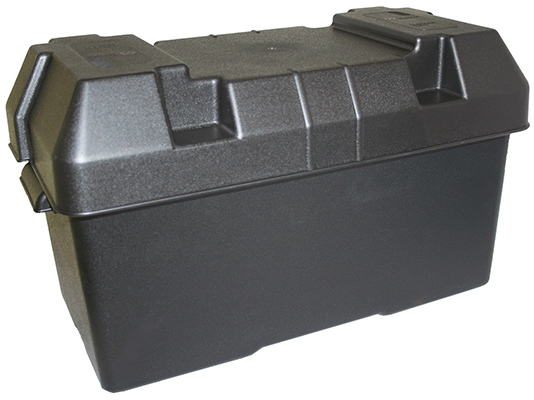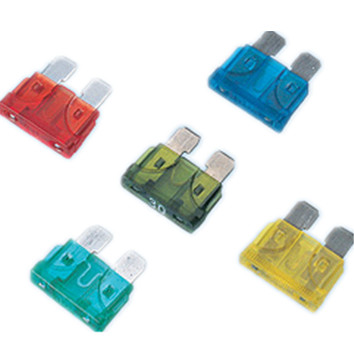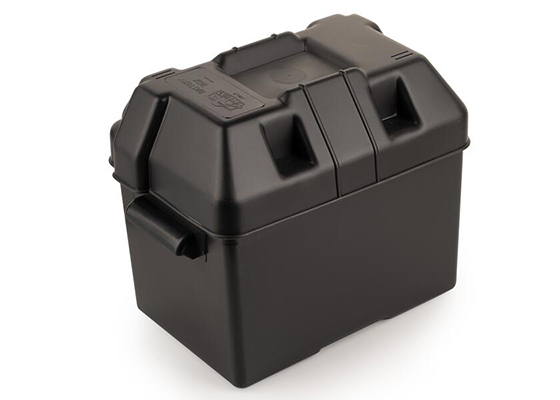Guide to Selecting Car Fuse Holders with Enhanced Saltwater Resistance for Marine Applications
News 2025-10-20
Choosing the right car fuse holder for marine vehicles is vital in environments where saltwater corrosion can compromise electrical systems. Marine applications expose components to high salinity, moisture, and mechanical stress, potentially leading to failures that jeopardize safety and performance. A well-chosen fuse holder not only protects circuits but also extends the lifespan of your vessel’s electrical setup by withstanding these harsh conditions. Key considerations include material durability, sealing effectiveness, and compatibility with marine standards, ensuring reliable operation even in prolonged exposure to saltwater.

Environmental Challenges in Marine Settings
Marine vehicles operate in aggressive conditions where saltwater accelerates corrosion on exposed metals, often causing fuse holders to degrade quickly. High humidity and constant wave-induced vibrations add to the stress, potentially loosening connections and inviting electrical shorts. Understanding these factors helps in selecting holders designed with corrosion-resistant coatings or materials like anodized aluminum. For instance, in fishing boats or yachts, where components face daily saltwater spray, prioritizing holders with enhanced sealing can prevent moisture ingress, maintaining circuit integrity and reducing the risk of downtime during critical operations.
Critical Performance Features to Consider
When evaluating car fuse holders for marine use, focus on features that deliver superior performance in saltwater environments. Opt for holders made from non-corrosive materials such as stainless steel or engineered plastics, which offer better resistance to oxidation and chemical breakdown. Check for high ingress protection ratings, like IP68, indicating full protection against dust and prolonged water immersion. Additionally, ensure the holder supports adequate amperage and has secure, vibration-dampening mounts to handle marine dynamics. These attributes provide advantages like minimized maintenance needs, improved safety through reliable fusing, and cost savings over time by avoiding frequent replacements in demanding applications.
1. What is the importance of IP ratings in marine fuse holders?
IP ratings indicate the level of protection against solids and liquids; for marine use, aim for IP67 or higher to ensure resistance to saltwater immersion and prevent failures.
2. How do materials affect the durability of fuse holders in saltwater?
Materials like stainless steel resist corrosion better than standard metals, extending the life of the fuse holder and reducing the risk of electrical issues in salty environments.
3. Why should vibration resistance be a priority?
Vibration can cause connections to loosen, leading to poor contact or shorts; choosing holders with anti-vibration features ensures stable performance in the rough conditions of marine travel.


